Are you looking to ship goods from Guangzhou to Kenya but unsure where to start? Navigating the complexities of international shipping can be daunting.
In this comprehensive guide, we will explore essential aspects such as key routes, shipping methods, costs, and customs regulations. Whether you’re considering sea freight or air freight, this article will equip you with the necessary insights to ensure a smooth shipping process from Guangzhou to Kenya. Let’s dive in and simplify your shipping experience!
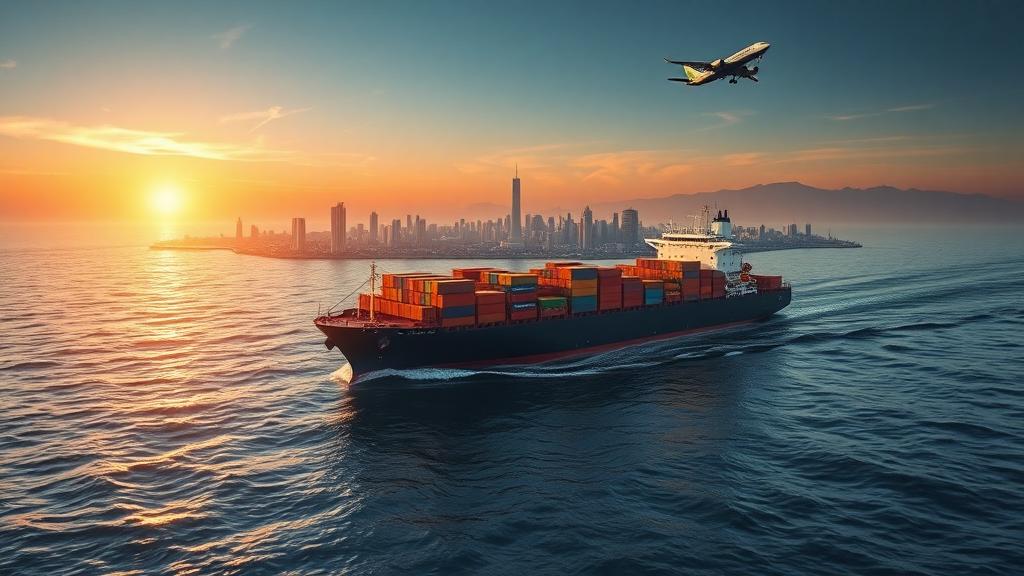
Key Routes Between Guangzhou and Kenya
Major Ports and Airports for Shipping
When considering shipping from Guangzhou to Kenya, it is essential to identify the major ports and airports that facilitate efficient logistics. The following ports and airports are pivotal in the shipping process:
| Location | Port/Airport | Type |
|---|---|---|
| Guangzhou, China | Nansha Port | Sea Port |
| Mombasa, Kenya | Port of Mombasa | Sea Port |
| Nairobi, Kenya | Jomo Kenyatta International Airport | Airport |
| Kisumu, Kenya | Port of Kisumu | Sea Port |
Nansha Port in Guangzhou is one of the largest ports in Southern China, providing excellent connectivity for sea freight to Africa. Mombasa Port, which is the largest and busiest port in East Africa, serves as the primary entry point for goods shipped to Kenya. Additionally, Jomo Kenyatta International Airport in Nairobi is vital for air freight, enabling rapid delivery of time-sensitive goods.
Direct Shipping Routes vs. Transshipment
When choosing a shipping route from Guangzhou to Kenya, it is crucial to consider whether to opt for direct shipping routes or transshipment options.
Direct Shipping Routes:
- These routes involve transporting goods straight from Guangzhou to Mombasa without any intermediate stops.
- They tend to be faster and more efficient, typically taking around 20 to 30 days for sea freight.
Transshipment:
- Involves transferring goods at an intermediate port (such as Dubai or Singapore) before reaching the final destination.
- This option may be cost-effective and offer more flexibility in scheduling but can lead to longer transit times, often ranging between 30 to 45 days.
Choosing between direct shipping and transshipment largely depends on your specific logistical needs, budget constraints, and delivery timelines.
Shipping Methods from Guangzhou to Kenya
Sea Freight from Guangzhou to Kenya
Sea freight is the most commonly used method for shipping goods from Guangzhou to Kenya, especially for bulk cargo or large shipments. There are two main types of sea freight options available:
- Full Container Load (FCL): Suitable for large shipments, where a full container is dedicated to one importer. This option is typically more cost-effective per unit as it maximizes container space.
- Less than Container Load (LCL): Ideal for smaller shipments that do not fill a full container. Multiple shipments from different importers are consolidated into one container, allowing businesses to save on costs. For more insights on FCL, refer to what is lcl and fcl in shipping.
Dantful International Logistics offers competitive rates for both FCL and LCL sea freight services, providing reliable and efficient transport solutions.
Air Freight from Guangzhou to Kenya
For businesses requiring quicker delivery times, air freight is the preferred option. It is particularly suitable for high-value or time-sensitive goods.
- Express Shipping: This service is the fastest, ensuring delivery within 2 to 5 days. Ideal for urgent shipments but at a higher cost.
- Standard Air Freight: Generally takes 5 to 10 days, providing a balance between cost and speed.
Choosing air freight over sea freight can significantly reduce transit times. However, it is essential for importers to weigh the higher costs associated with air freight against the need for speedy delivery.
Choosing Between Express and Standard Shipping
When deciding between express and standard shipping options, factors such as urgency, budget, and cargo type must be considered:
| Shipping Method | Transit Time | Cost | Best For |
|---|---|---|---|
| Express Shipping | 2-5 days | Higher cost | Time-sensitive or high-value items |
| Standard Shipping | 5-10 days | More economical | General cargo |
Ultimately, selecting the right shipping method hinges on the specific needs of your business. For tailored shipping solutions, Dantful International Logistics provides the expertise to navigate these decisions seamlessly, ensuring your goods are shipped efficiently and affordably from Guangzhou to Kenya. For more details on shipping from China to Kenya, visit Shipping From China To Kenya.
Shipping Costs from Guangzhou to Kenya
2025 Sea Freight Cost Analysis (FCL/LCL)
When planning to ship from Guangzhou to Kenya, understanding the costs involved is crucial for budgeting. In 2025, the shipping costs are expected to vary significantly based on whether you are using Full Container Load (FCL) or Less than Container Load (LCL) services. Below is a comparative analysis based on market trends and expert predictions:
| Shipping Method | Estimated Cost (USD) | Average Transit Time | Ideal for |
|---|---|---|---|
| FCL (20ft) | $1,200 – $2,500 | 25 – 35 days | Large shipments; Cost-effective for bulk goods |
| FCL (40ft) | $2,400 – $4,500 | 25 – 35 days | Larger bulk shipments; Economical per unit |
| LCL | $300 – $800 | 30 – 40 days | Smaller shipments; Flexible for varying volumes |
Note: The costs can fluctuate based on fuel prices, shipping lines, and freight forwarder fees. Dantful International Logistics offers competitive rates and reliable services tailored to your needs.
Understanding Hidden Fees in Shipping
When transporting goods, several hidden fees can impact your total shipping cost. Here are some common hidden charges you should be aware of:
- Documentation Fees: Charges for preparing necessary shipping documents.
- Port Fees: Costs imposed by the port authority for handling your cargo.
- Customs Brokerage Fees: Fees charged by customs agents to clear your goods.
- Handling Charges: Expenses related to the physical handling of your cargo at the port.
- Detention and Demurrage Fees: Costs incurred if containers are not returned on time.
Partnering with a professional freight forwarder like Dantful International Logistics can help you identify and minimize these fees through proper planning and communication.
How to Minimize Duties with Freight Forwarder Assistance
Import duties can significantly increase the overall cost of shipping. However, there are strategies you can employ to minimize these costs:
- Classification of Goods: Ensure your goods are classified correctly under Kenya’s Harmonized System (HS) codes to take advantage of lower duty rates.
- Free Trade Agreements: Investigate if there are any applicable trade agreements between China and Kenya that could reduce your duty obligations.
- Consulting with Experts: Engaging a knowledgeable freight forwarder can provide insights into all available exemptions and ensure compliance with local regulations.
Dantful International Logistics not only offers comprehensive transportation solutions but also provides expert advice on customs compliance and duty minimization strategies.
READ MORE:
- Shipping From China To Algeria
- Shipping From China To Angola
- Shipping From China To Morocco
- Shipping From China To Nigeria
- Shipping From China To Kenya
- Shipping From China To Tanzania
- Shipping From China To South Africa
Shipping Times from Guangzhou to Kenya
Typical Transit Times for Sea Freight
When shipping by sea from Guangzhou to Kenya, transit times can vary based on the shipping route and ports of call. Typically, the following transit times are expected:
- Direct shipping routes: 25 to 35 days
- Routes with transshipment: 35 to 50 days
Understanding these timelines is crucial for planning shipments to meet delivery deadlines.
Air Freight Delivery Times
For urgent shipments, air freight from Guangzhou to Kenya is the fastest option. Generally, air freight offers a transit time of:
- Direct flights: 7 to 14 days
- Flights with layovers: 10 to 20 days
Although air freight is significantly more expensive than sea freight, it is an excellent choice for high-value or time-sensitive goods. Dantful International Logistics provides a range of air freight options to suit your shipping needs, ensuring timely delivery to your destination in Kenya.
Customs Regulations and Compliance for Shipping to Kenya
Import Licensing Requirements
When shipping goods from Guangzhou to Kenya, understanding the import licensing requirements is critical for ensuring compliance and avoiding delays. The Kenyan government requires specific licenses depending on the nature of goods being imported. Generally, the following categories of goods require an import license:
Controlled Goods: Items such as pharmaceuticals, chemicals, and certain electronic products require import permits from relevant authorities, such as the Pharmaceuticals and Poisons Board or the Kenya Bureau of Standards (KEBS).
Restricted Goods: Some goods, like firearms and certain food items, fall under strict regulations. Importers must obtain special permits from respective regulatory bodies.
General Goods: Most non-controlled goods do not require an import license, but it’s advisable to check with the Kenya Revenue Authority (KRA) to ensure all compliance regulations are met.
Having the right licenses not only speeds up the customs process but also ensures that the imported goods meet stringent safety and quality standards set by Kenyan authorities.
Key Customs Forms and Documentation
When shipping to Kenya, ensuring you have the right customs forms and documentation is crucial. Here are the essential documents required:
| Document | Description |
|---|---|
| Commercial Invoice | A detailed bill for the goods shipped, indicating the price, quantity, and nature of the items. |
| Packing List | A document listing all items in the shipment, including dimensions and weight. |
| Bill of Lading (BOL) | A contract between the shipper and carrier, serving as a receipt for the goods. |
| Import Declaration Form | A form submitted to KRA declaring the details of the goods being imported. |
| Certificates of Conformity | Required for regulated products, confirming they meet Kenyan standards. |
| Insurance Certificate | Proof that the goods are insured during transit. |
These documents help facilitate smooth customs clearance and mitigate potential hurdles during the import process.
Packaging and Labeling Goods for Shipping to Kenya
Best Practices for Export Packaging
Proper export packaging is vital when shipping goods from Guangzhou to Kenya. Here are best practices to follow:
Durability: Use sturdy packaging materials that can withstand the rigors of international shipping. Corrugated boxes and pallets are often recommended.
Weight Distribution: Ensure that the weight is evenly distributed within the packaging to prevent damage during handling.
Water Resistance: Opt for water-resistant materials, as humidity can affect the quality of goods during transit.
Secure Sealing: Use high-quality tape and seals to protect against tampering or accidental opening.
Fragile Goods: Clearly mark packages containing fragile items and use appropriate cushioning materials to prevent breakage.
Ensuring Compliance with Kenyan Labeling Standards
Labeling is an essential aspect of shipping to Kenya. To ensure compliance with Kenyan standards, follow these guidelines:
Language: Labels should be in English or Swahili, as these are the official languages of Kenya.
Product Information: Include essential details such as the product name, specifications, and country of origin.
Ingredients and Nutritional Information: For food products, listing ingredients and nutritional information is mandatory.
Expiry Dates: If applicable, include expiration or best-before dates to comply with health regulations.
Safety Labels: Any hazardous materials must have appropriate safety labels in accordance with Kenyan regulations.
Adhering to these packaging and labeling requirements helps ensure that your goods arrive safely and comply with local laws.
Common Challenges and Solutions When Shipping to Kenya
Handling Customs Delays and Inspections
Shipping to Kenya may involve customs delays and inspections, which can be frustrating for importers. Here are some effective strategies to mitigate these challenges:
Pre-Submission of Documents: Submit all relevant customs documents ahead of time to allow authorities to process them efficiently.
Use a Reliable Freight Forwarder: Partnering with Dantful International Logistics, a professional freight forwarder, can streamline the customs process, as they are well-versed in local regulations and can anticipate potential issues.
Maintain Communication: Keep an open line of communication with customs officials and your freight forwarder to stay updated on any issues that may arise.
Strategies for Overcoming Language Barriers
Language can often pose a significant challenge when shipping goods to Kenya. To overcome potential miscommunications, consider the following approaches:
Hire Local Experts: Employing local customs brokers or logistics professionals familiar with Kenyan regulations can provide invaluable support and clear communication.
Use Translation Services: If necessary, utilize professional translation services to ensure all documents are correctly interpreted and understood.
Training for Staff: Provide training for your staff on cultural differences and language norms to enhance communication with local partners.
By implementing these strategies, you can effectively navigate the complexities of shipping from Guangzhou to Kenya, ensuring a smooth and compliant process that enhances your international trade experience.

Young Chiu is a seasoned logistics expert with over 15 years of experience in international freight forwarding and supply chain management. As CEO of Dantful International Logistics, Young is dedicated to providing valuable insights and practical advice to businesses navigating the complexities of global shipping.






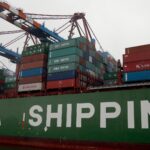


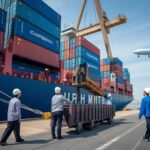

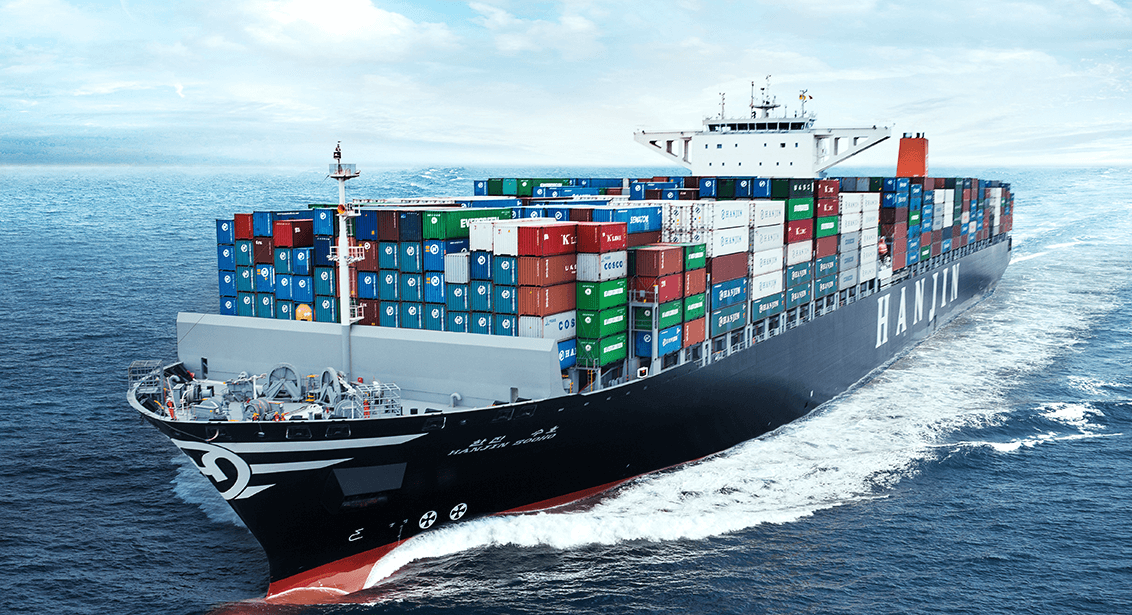
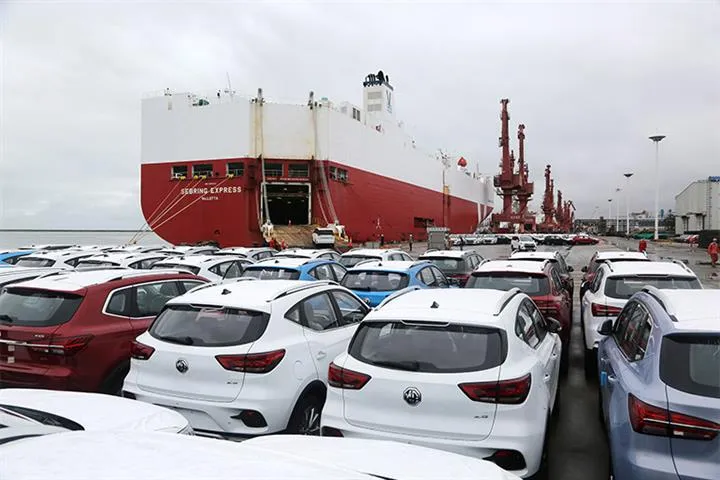

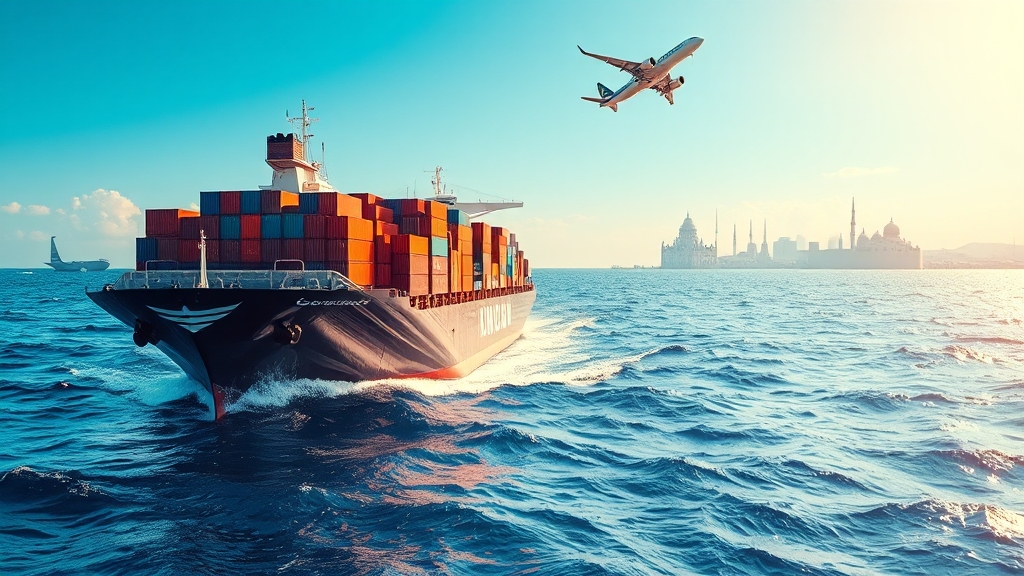
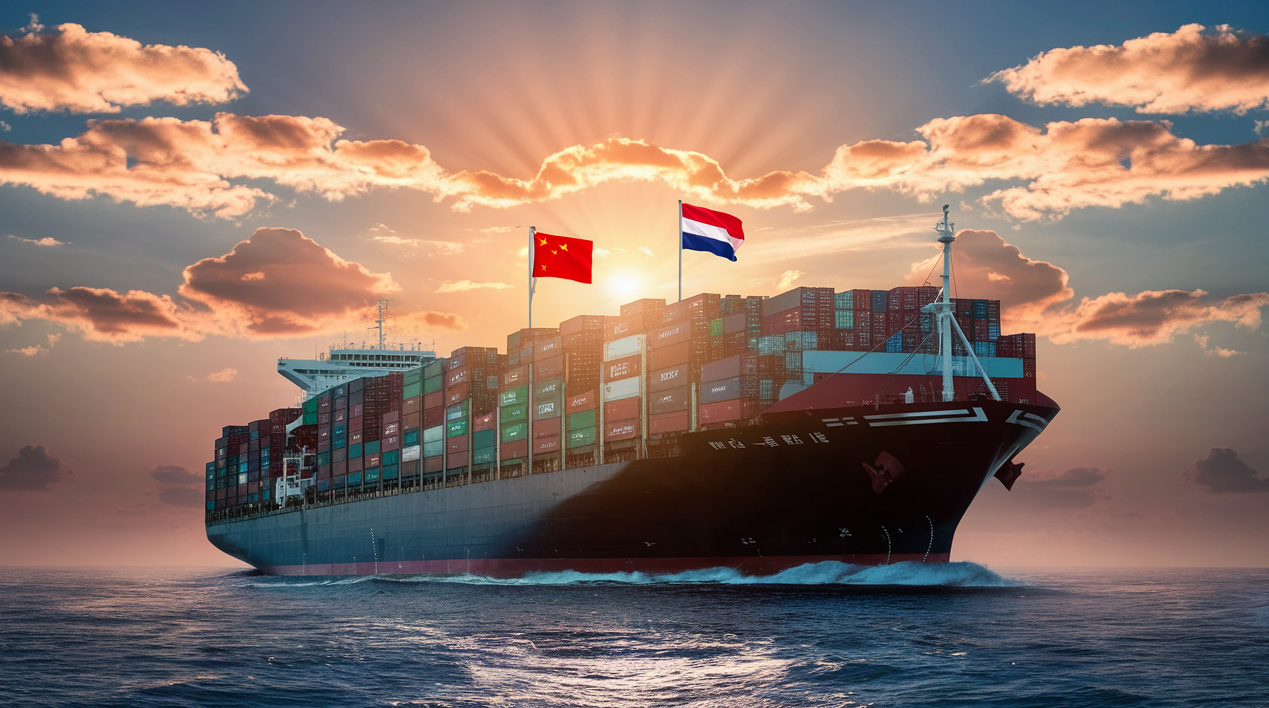





 Afrikaans
Afrikaans Shqip
Shqip አማርኛ
አማርኛ العربية
العربية Հայերեն
Հայերեն Azərbaycan dili
Azərbaycan dili Euskara
Euskara Беларуская мова
Беларуская мова বাংলা
বাংলা Bosanski
Bosanski Български
Български Català
Català Cebuano
Cebuano Chichewa
Chichewa 简体中文
简体中文 繁體中文
繁體中文 Corsu
Corsu Hrvatski
Hrvatski Čeština
Čeština Dansk
Dansk Nederlands
Nederlands English
English Esperanto
Esperanto Eesti
Eesti Filipino
Filipino Suomi
Suomi Français
Français Galego
Galego ქართული
ქართული Deutsch
Deutsch Ελληνικά
Ελληνικά Kreyol ayisyen
Kreyol ayisyen Harshen Hausa
Harshen Hausa Ōlelo Hawaiʻi
Ōlelo Hawaiʻi עִבְרִית
עִבְרִית हिन्दी
हिन्दी Hmong
Hmong Magyar
Magyar Íslenska
Íslenska Igbo
Igbo Bahasa Indonesia
Bahasa Indonesia Gaeilge
Gaeilge Italiano
Italiano 日本語
日本語 Basa Jawa
Basa Jawa ಕನ್ನಡ
ಕನ್ನಡ Қазақ тілі
Қазақ тілі ភាសាខ្មែរ
ភាសាខ្មែរ 한국어
한국어 كوردی
كوردی Кыргызча
Кыргызча ພາສາລາວ
ພາສາລາວ Latin
Latin Latviešu valoda
Latviešu valoda Lietuvių kalba
Lietuvių kalba Lëtzebuergesch
Lëtzebuergesch Македонски јазик
Македонски јазик Malagasy
Malagasy Bahasa Melayu
Bahasa Melayu മലയാളം
മലയാളം Maltese
Maltese Te Reo Māori
Te Reo Māori मराठी
मराठी Монгол
Монгол ဗမာစာ
ဗမာစာ नेपाली
नेपाली Norsk bokmål
Norsk bokmål پښتو
پښتو فارسی
فارسی Polski
Polski Português
Português ਪੰਜਾਬੀ
ਪੰਜਾਬੀ Română
Română Русский
Русский Samoan
Samoan Gàidhlig
Gàidhlig Српски језик
Српски језик Sesotho
Sesotho Shona
Shona سنڌي
سنڌي සිංහල
සිංහල Slovenčina
Slovenčina Slovenščina
Slovenščina Afsoomaali
Afsoomaali Español
Español Basa Sunda
Basa Sunda Kiswahili
Kiswahili Svenska
Svenska Тоҷикӣ
Тоҷикӣ தமிழ்
தமிழ் తెలుగు
తెలుగు ไทย
ไทย Türkçe
Türkçe Українська
Українська اردو
اردو O‘zbekcha
O‘zbekcha Tiếng Việt
Tiếng Việt Cymraeg
Cymraeg יידיש
יידיש Yorùbá
Yorùbá Zulu
Zulu